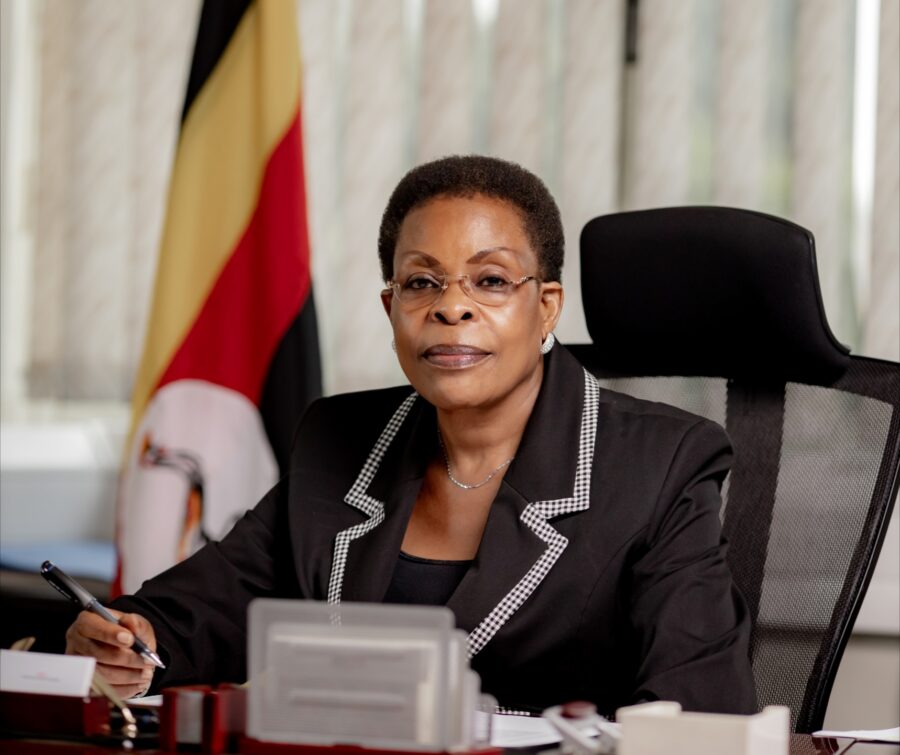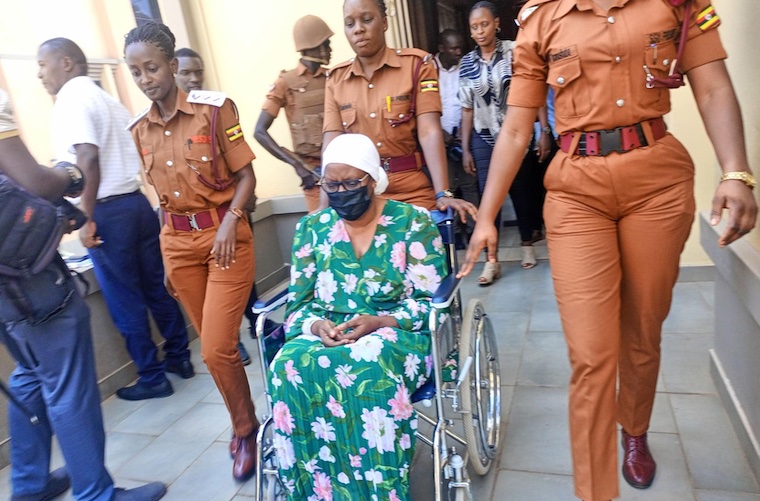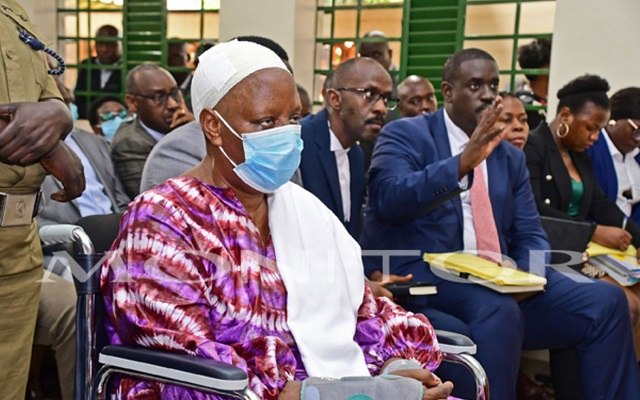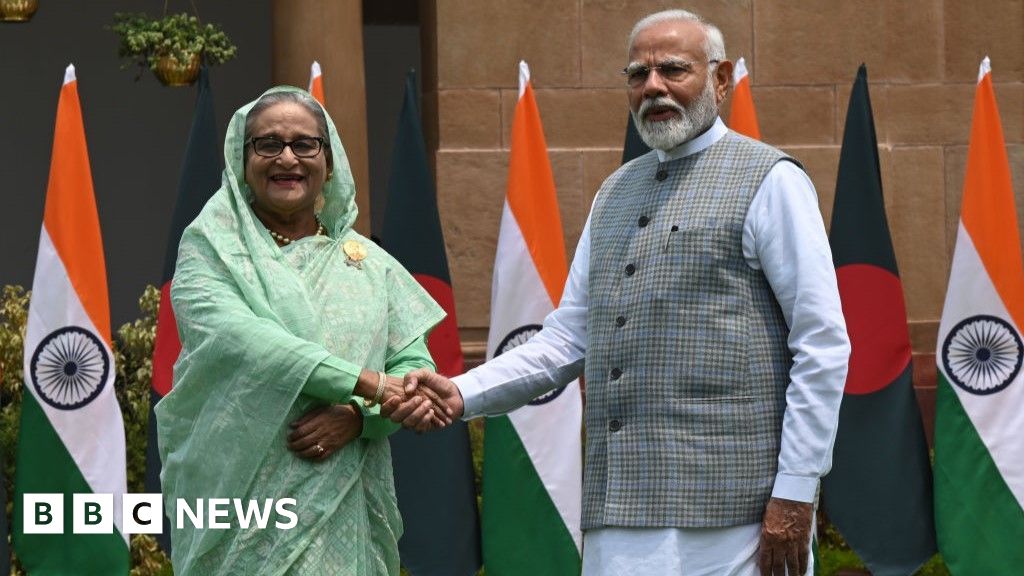Fired for Being HIV Positive! Daphine Kobusingye’s Story Demands a Swift End to Workplace Discrimination Against People Living with HIV
Daphine Kobusingye, a 39-year-old single mother of four, was determined to provide for her children when she accepted a job as a laundry attendant with Summa, a Turkish company constructing a football stadium in Hoima district. Daphine felt respected and valued in her new role while working at Mpalo Guest House, where all Turkish workers […] The post Fired for Being HIV Positive! Daphine Kobusingye’s Story Demands a Swift End to Workplace Discrimination Against People Living with HIV first appeared on Watchdog Uganda.
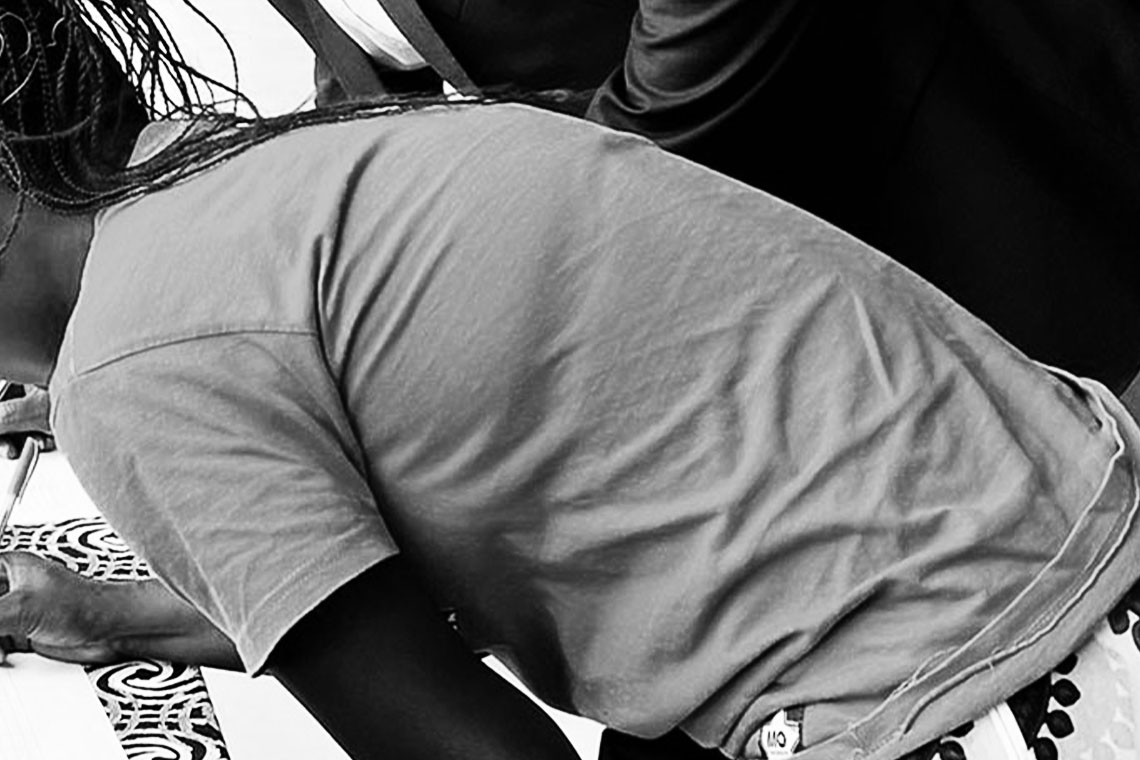
Daphine Kobusingye, a 39-year-old single mother of four, was determined to provide for her children when she accepted a job as a laundry attendant with Summa, a Turkish company constructing a football stadium in Hoima district.
Daphine felt respected and valued in her new role while working at Mpalo Guest House, where all Turkish workers reside. She was invited to this job on 1st August 2024 and had only worked for three weeks, but everything was going well, and she felt that she was being maximally respected.
But her life was turned upside down by a single act of discrimination rooted in ignorance and stigma against people living with HIV. One day, a Turkish chef ordered all black workers to undergo medical check-ups. The doctors arrived with files, prepared to ask intrusive questions. “In that file, the doctor asked us about our life status,” Daphine recalls, her voice trembling. “He asked if I had ever been immunized, and I said yes because I was vaccinated for COVID-19. Then he asked if I was taking any medication. I told him that I’ve been on PrEP for the past seven years.”
Despite her HIV status revelation, Daphine and nine of her colleagues were forced to undergo blood tests without their consent. The next day, as Daphine arrived for work, she was called in by the manager of the Guest House. Shockingly, her confidential medical information had been disclosed to the management without her permission. “The manager had already known my status, and he said, ‘Because you’re HIV positive, they (Turkish) no longer need your services, and you are fired,’” Daphine recounts, her voice breaking.
The encounter with her employer was deeply humiliating. “The Turkish boss came, shouting my name. ‘Where is Daphine…where is Daphine?’ he yelled. The manager pointed me out, and he asked, ‘What’s her job here?’ When the manager replied, ‘She’s a laundry attendant,’ he said, ‘We no longer need her. Tell her to go, get her money, and pack off!’”
In a desperate attempt to keep her job, Daphine pleaded with them on her knees. “I begged them, ‘Please, at least put me in another location or let me clean the compound where I won’t contact their clothes or anything. Even the job I was doing, I was operating the laundry machine.’ But the man angrily told me, ‘Daphine, we no longer need you here!’ I asked why, and he said, ‘Because of your medical results!’” Her words hang in the air, laden with the pain of rejection.
Daphine’s story is a stark reminder of the persistent stigma and discrimination faced by people living with HIV. Despite years of education and advocacy, many individuals continue to face unjust treatment based on their health status, violating their rights to privacy, dignity, and equal employment opportunities.
“They treated me like I was less than human like my status defined my worth,” Daphine says. “I was devastated. I thought I was doing everything right, protecting myself by being on PrEP so that I could work and feed my four kids, but they made me feel like having HIV was a crime.”
Without any offer of counseling or support, Daphine left the workplace, engulfed by self-judgment and a crushing sense of stigma. “I developed a series of self-judgments. I was shaking, stigmatized, and felt so isolated from this world. I went home, and when I saw my four kids, whose lives entirely depend on me, I started crying. I developed a fever, I even lost sight the next day. I was messed up. I had no one to talk to, and being fired, I started thinking that having HIV was a serious crime and shaming,” she says, tears flowing down her cheeks.
For two days, Daphine grappled with thoughts of suicide, her despair compounded by the weight of being the sole provider for her children. “I kept thinking, ‘Maybe it’s better if I’m not here.’ But every time I looked at my children, I knew I had to fight for them.” Despite her physical and emotional anguish, she mustered the courage to seek help at the health facility where she was receiving her medication.
“I told the counselor about my issue. I couldn’t sleep, couldn’t do anything for myself, and I was also not able to see clearly. After narrating my ordeal, they were also amazed,” she shares.
Recognizing the severity of her state, the counselors at the hospital referred her to Robinah Tibakanya, the Hoima District PLHIV Coordinator and a board member of the National Forum of People Living with HIV Networks in Uganda. Robinah’s intervention was life-saving. “Robinah helped me through the darkest time of my life. She listened to me, validated my feelings, and made me realize that I am not alone,” Daphine says, her voice filled with gratitude. “If it wasn’t for Robinah, I might not be here today.”
“Indeed, Robinah gave me the full support I needed, and even now, her words are like a walking stick guiding me through my pain. They are the only comfort I have left. All I am asking for is justice. I need to care for myself and my four children, and the only thing I want is a job to provide for them because I am their sole breadwinner. I don’t need anything else but the means to feed my kids. Right now, I feel like I’m walking in a constant state of shame, fearing that my neighbors will talk about how I was fired from my job simply because I have HIV/AIDS. My heart aches with the weight of this stigma and the struggle to maintain my dignity,” she said.
Daphine’s experience is not just a personal tragedy—it is a call to action. It underscores the urgent need for stronger protections and enforcement of rights for people living with HIV. Employers, healthcare providers, and society at large must respect the privacy and dignity of individuals living with HIV. Disclosing someone’s HIV status without their consent is not just unethical—it is a violation of their human rights.
“I want people to know that we are not defined by our status,” Daphine emphasizes. “I am a mother, a worker, a human being deserving of respect and dignity. HIV is not a crime, and living with it should not be a cause for shame.”
While speaking with Watchdog Uganda, Robinah Tibakanya described Kobusingye’s ordeal as a stark example of stigma and discrimination, which is especially troubling given the country’s current efforts to ensure that no one is left behind in the fight against HIV.
“We felt deeply saddened because these are companies that have come into our community, and we expect them to be informed about HIV. It’s disheartening that many people still fail to understand that individuals living with HIV deserve to be treated like everyone else. From a community perspective, this is seen as a severe setback that will discourage people from disclosing their statuses to access treatment. We want people to know their HIV statuses and live positively,” she said.
“This is another instance of dehumanizing treatment. We are calling on key stakeholders to engage with companies and communities to ensure our voices are heard. As people living with HIV, we feel that such actions push us back to a time when people would hide their status and suffer in silence. We need to place people living with HIV at the center of our efforts.”
According to Robinah Tibakanya, if this issue continues, it will lead to significant mental stress for HIV patients, causing them to neglect their medication and fear disclosing their status or seeking medical help.
“In the end, this will contribute to the wider spread of HIV. To achieve the presidential fast-track initiative by 2030, which aims to leave no one behind, we must embrace this issue as a community and as partners,” she said.
Way forward
According to Robinah Tibakanya, people living with HIV in Hoima are actively collecting signatures and have drafted a petition to present to the Resident District Commissioner, the Hoima City Mayor, and the District Labour Officer. They are demanding to be included in all sectors of work within the district and want justice for Daphine Kobusingye.
“We want to see Kobusingye compensated. Yes, she was paid her salary, but firing her without providing any emotional support was devastating. Her mental health needs ongoing monitoring, which is why she is currently staying with us at our offices. She requires substantial assistance. We also want these foreign companies to stop exploiting local people. They need to understand that their actions are entirely wrong and against our country’s policies. We will engage all stakeholders to ensure she receives justice,” she said.
Ms. Macklean Kyomya, Executive Director of the Alliance of Women Advocating for Change (AWAC), a feminist umbrella network for grassroots female sex workers, condemned the act as inhumane and a blatant violation of laws protecting people living with HIV.
“First, the company employing Daphine is exploiting local workers in Hoima by denying them contracts, which means they are paying them peanuts. On top of that, they subjected them to check-ups against their will and then disclosed their statuses without their consent. At that moment she needed emotional support since they had fired her but they abandoned her after violating her confidentiality. This is both sad and barbaric!” she said.
Ms. Kyomya urged the government to address issues of inclusivity for people living with HIV. “Our government must ensure that our laws are respected by foreign investors. These investors come here and impose their own country’s laws on local workers, which should not be allowed. The firing of Daphine violated numerous laws, and we demand government action to rectify this,” she said.
She added that people living with HIV should be treated equally, as they too have responsibilities and deserve respect and support.
What does the Law say?
According to the HIV and AIDS Prevention & Control Act, 2014, Part II of the Prevention of HIV section 3 mandates both pre- and post-HIV counseling, yet Kobusingye received none. Section 7 of the same law requires that a health unit offer continuous counseling to individuals whose test results are HIV positive, which Kobusingye also did not receive.
Section 18 stipulates that the results of an HIV test must be kept confidential and disclosed only to the person tested by a medical practitioner or qualified officer. Part 2(c) of this section further asserts that only a legal administrator may access the results, but only with the written consent of the person tested.
Section 19 mandates that anyone possessing information regarding a person’s HIV status must handle it with confidentiality. Section 19(2) specifies that any violation of this confidentiality constitutes an offense.
Section 32 emphasizes that no person should be denied employment, transferred, denied promotion, or have their employment terminated based on their actual or perceived HIV status.
Furthermore, the Ugandan Ministry of Health’s Patients’ Charter, adopted in 2009, asserts that patients have the right to privacy during consultation and treatment. Health information, including treatment details, may only be disclosed with informed consent, except when required by law or court order. The Charter allows disclosure of the patient’s treatment by another health worker when it is crucial for public health protection, and when the need for disclosure outweighs the interest in keeping the information confidential.
Daphine’s story is a stark reminder that advocacy and support for people living with HIV must go beyond mere words. It requires meaningful action, understanding, and a commitment to dismantling the barriers of stigma and discrimination.
Communities across the country must unite to ensure that no one else has to endure what Kobusingye Daphine is going through and that every person living with HIV can live their life with the respect and dignity they deserve.
Unfortunately, issues of discrimination against people living with HIV in Hoima, a city known for its oil, are becoming increasingly severe. Before Daphne’s situation, a 26-year-old activist for people living with HIV in Hoima City, Queen Joy Katwesige, faced cyber harassment due to her HIV status. This highlights a troubling pattern of mistreatment and underscores the urgent need for systemic change and protection for those affected.
The post Fired for Being HIV Positive! Daphine Kobusingye’s Story Demands a Swift End to Workplace Discrimination Against People Living with HIV first appeared on Watchdog Uganda.


